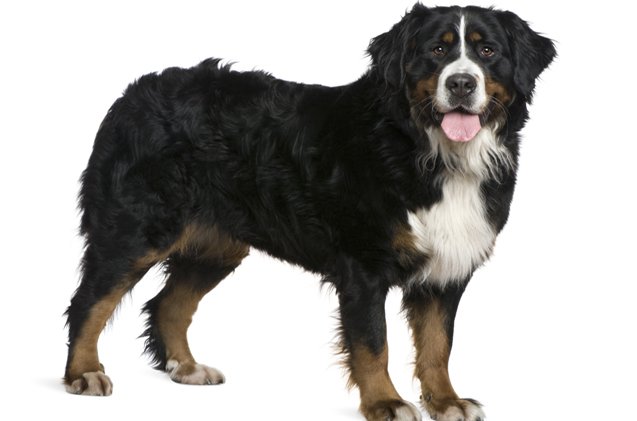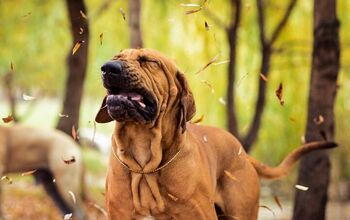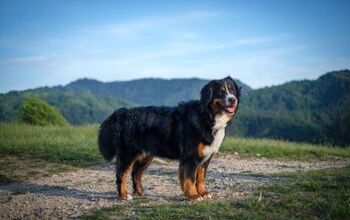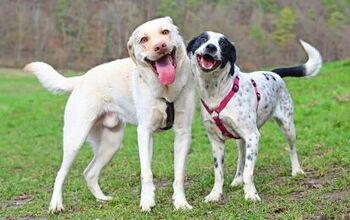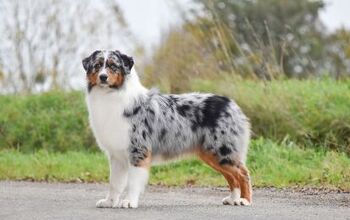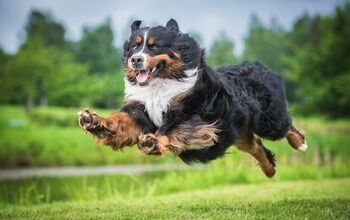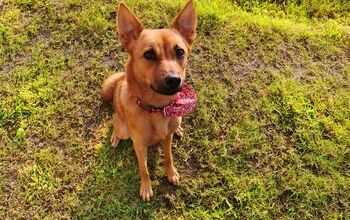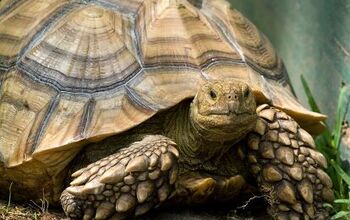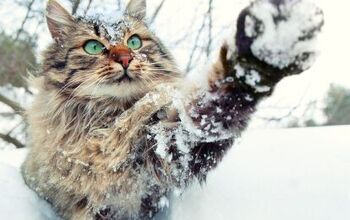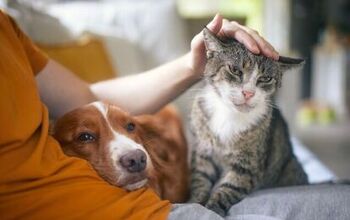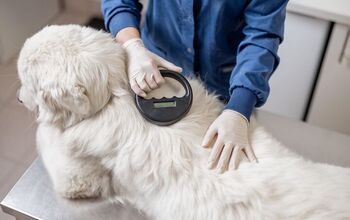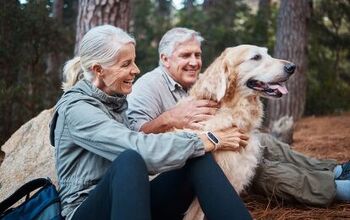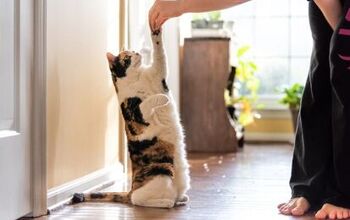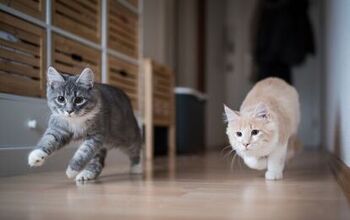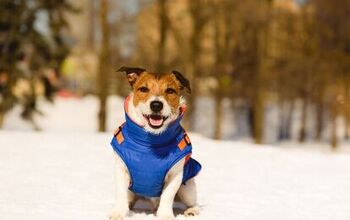Bernese Mountain Dog


About Bernese Mountain Dog
When you think of a dog with a classic, tri-colored coat appearance, there’s a good chance you imagine the Bernese Mountain Dog. A type of Sennenhund from Switzerland, this large dog has the athleticism, temperament, and general sociability that many people would consider makes it an ideal pet. Originally farm dogs, they’re accustomed especially to country life and have a general ability to get along with animals of different species like horses and cows, making them ideal for, of course, farmers.
But not having a farm is no reason to ignore a breed like the Bernese Mountain Dog. With a good instinct for guardianship as well as a healthy disposition toward outdoor activity and a general sociability, this dog is versatile enough to make a great pet for your family. Perhaps it’s appropriate that this breed often wears three colors, because it’s also capable of handling a variety of roles around your house, as well.
Let’s take a closer look at the Bernese Mountain Dog’s characteristics and see if it’s really right for you and your family. It’s hard to go wrong with large dogs that are used to activity and companionship, but there might be something about the Bernese Mountain Dog that convinces you this breed is the one for you and yours.
When you think of a dog with a classic, tri-colored coat appearance, there’s a good chance you’ve seen a Bernese Mountain Dog.
“Bernese” refers to the Canton of Berne in Switzerland where these dogs originated as farm animals that would accompany farmers on a number of tasks. This helps explains its versatility and natural disposition when in open fields and in the country. Interestingly, the Bernese Mountain Dog was used during the Civil War as a war dog but eventually its numbers for this purpose declined. The breed was revitalized in the United States later on, and today enjoys a new popularity both in Switzerland and in the U.S.
Back in Switzerland, the breed was at one point referred to as the “Godly” as a reference to a village where they were believed to have spent a lot of time in.
The pedigree of Bernese Mountain Dog rests in the Sennenhund, a specifically Swiss brand of dog that is typically in the mid-sized range and displays a great versatility.
As a standard breed, the Bernese Mountain Dog finally found classification at the turn of the 20th Century and today enjoys a history all its own.
With a heavy and multi-colored coat, many people like to feed their Bernese Mountain Dog with the idea of aiming for a specific coat quality. However, a simple, healthful diet is often enough to ensure that a good coat quality is maintained as well as an overall healthy weight – which we’ll address in just a moment. The Bernese Mountain Dog can be fond of scraps but generally you’ll want to keep it well-fed with its own food to discourage this relatively large breed from hanging around under the dinner table.
Training for the Bernese Mountain Dog should be a regular activity throughout its life. The dog should be confident and self-assured but not to the point of aggressiveness: while alert around strangers, it should maintain a friendly disposition. Keeping your dog busy with activities is especially important, and the farm history of this breed naturally gives it a propensity to enjoying the outdoors and open fields.
Training for the Bernese Mountain Dog should be a regular activity throughout its life.
Depending on frame and gender, the Bernese Mountain Dog can weigh anywhere from 80-100 pounds, making them heavier dogs relative to its frame. This can mean your dog will require a healthy amount of food but not necessarily as much as a human.
A natural degree of variance in behavior is to be expected with dogs of any breed. The Bernese Mountain Dog should have plenty of self-confidence without spilling over to aggression. Be sure to socialize your dog properly and give it plenty of introductions in order to facilitate a healthy attitude toward strangers as well as other dogs. While Bernese Mountain Dogs can have guardian instincts, you’ll want to let them know that the world is sometimes bigger than your home and that it should know when to keep its guard relatively down.
Bernese Mountain Dogs have a higher rate of fatal cancer than in other breeds even though all dogs are susceptible to some forms of cancer. Like many other breeds of its size, the Bernese Mountain Dog won’t have a life expectancy quite on par with that of smaller dogs, which can sometimes live to around 15 years.
Given a normal, relatively healthy life, your Bernese Mountain Dog should live around 10-12 years, sometimes more under the right conditions.
The Bernese Mountain Dog has plenty of weight and will eat a lot, meaning that regular exercise is a must. Open exercise is especially important as these dogs have been bred as farm aids throughout the centuries. Keeping them occupied mentally is often just as important as allowing them free time to exercise physically.
The Bernese Mountain Dog has plenty of weight and will eat a lot, meaning that regular exercise is a must.
The American Kennel Club describes the Bernese Mountain Dog: “One of four varieties of Swiss Mountain Dog, the Bernese Mountain Dog is the only variety that possesses a long, silky coat. A hardy dog that thrives in cold weather, the “Berner’s” intelligence, strength and agility helped him perform the drafting and droving work in the mountainous region where he originated.”
As the AKC noted, the Bernese’s coat is unique to the Swiss Mountain Dog in general. They require some upkeep because they shed, so regular brushing should be considered a must.
Like other dog puppies, take care in socializing your puppies from a young age and making sure not to over exercise them.
Photo credit: Eric Isselee/Shutterstock

Amy Tokic, Editor of PetGuide.com, is a passionate animal lover and proud pet parent of Oscar, a Shih Tzu/Chihuahua cross, and Zed, a Japanese Chin. Her love of animals began in kindergarten, when she brought her stuffed dog Snoopy into class with her every day. Now, she writes about her adventures in pet ownership and tirelessly researches products, news and health related issues she can share with other animal enthusiasts. In her free time, Amy loves perusing used book and record stores, obsessing over the latest pet products available and chasing squirrels with wild abandon (a habit attributed to spending too much time with her pooches).
More by Amy Tokic



